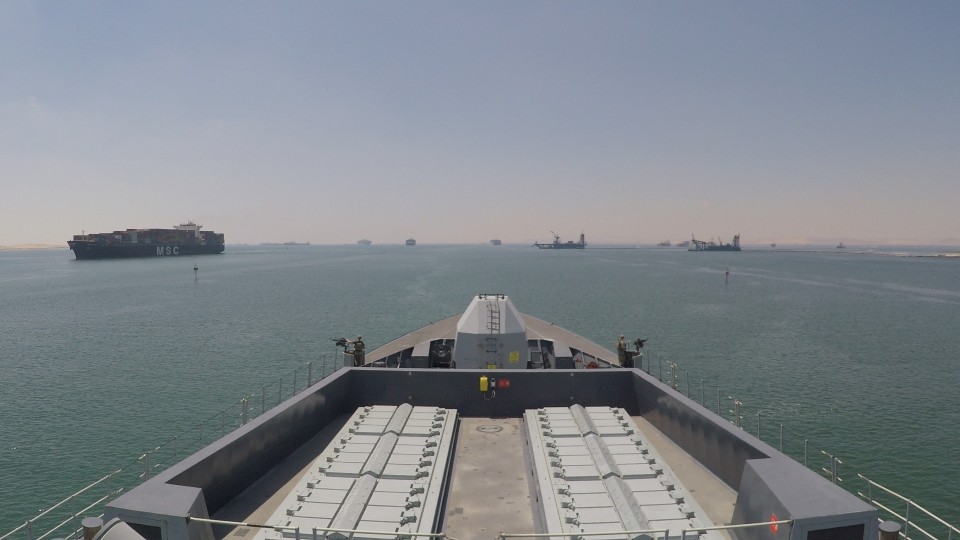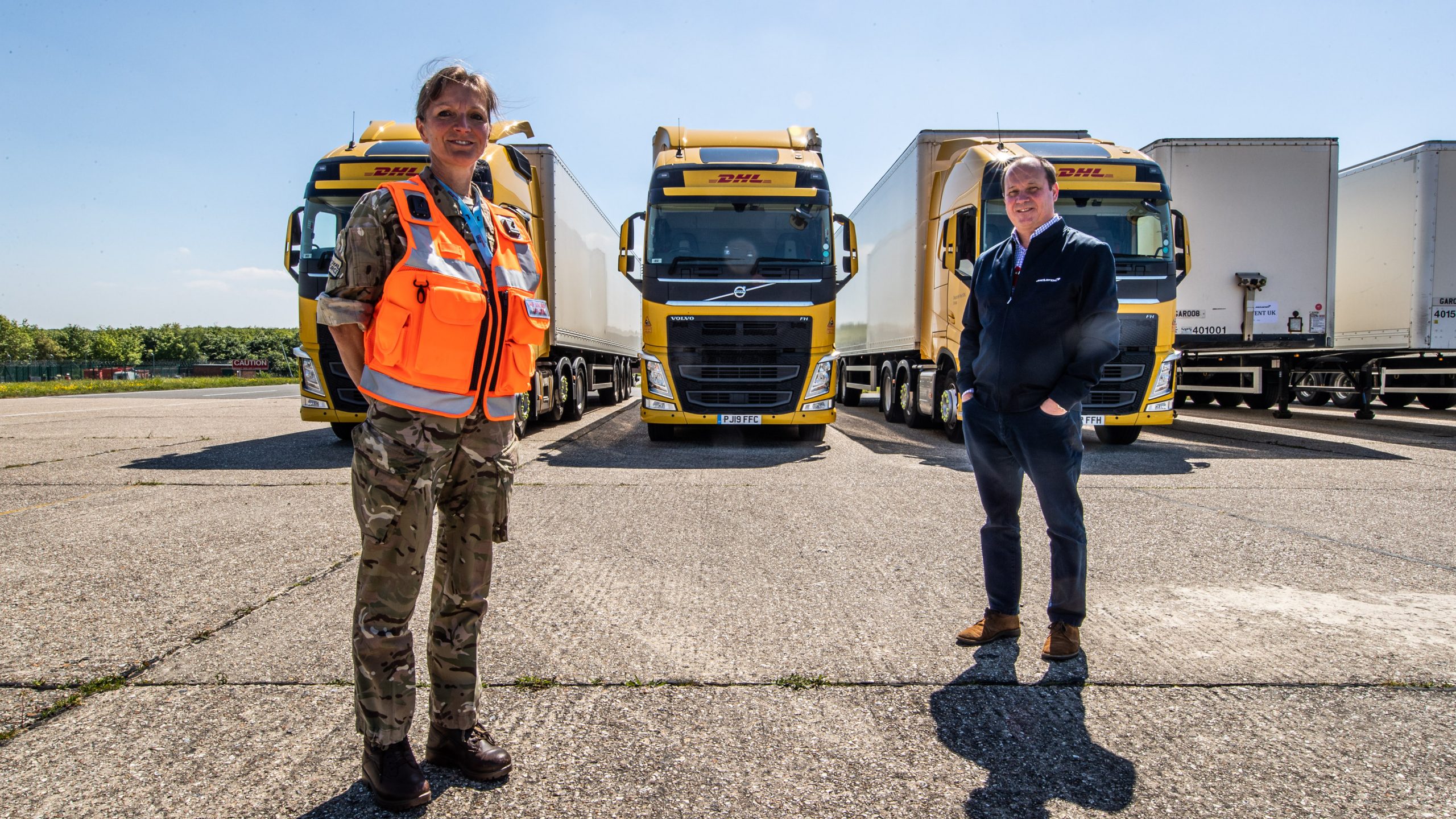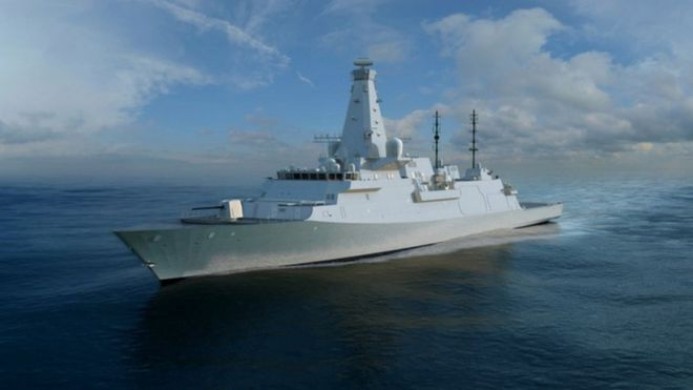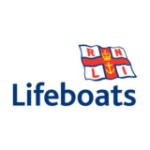Commercial diving can be a rewarding career for those with the required qualifications…
As a professional diver you will find yourself working either at sea or inland in rivers, lakes, canals and reservoirs. The tasks divers carry out depend entirely on the industry they work in but the sector can be broken down into four main types of diving which differ according to the depth of the dive and the breathing gear used:
– SCUBA (Self-contained Underwater Breathing Apparatus) – using an air tank and flippers, mainly in recreational, media and police diving
– Restricted Surface Supplied – using an air line to the surface, usually in inshore/inland diving
– Surface Supplied – using a hot water suit, air line and open diving bells, in offshore diving
– Closed Bell or Saturation Diving – using a diving bell and mixed gas for deep sea diving (often used in surveying, marine archaeology and scientific diving).
Divers are recruited by a variety of industries and perform a wide range of duties:
You could work as a diver in several industries, for example:
– offshore oil and gas, for exploration and surveying, or building and maintaining drilling rigs and pipelines
– civil engineering, for underwater repairs, demolition and salvage
– fish farming or shellfish diving
– the media, for stunts or underwater filming
– scientific research or underwater archaeology
– the police, searching for and recovering missing persons or evidence
Many underwater tasks can now be carried out by remote-operated vehicles (ROVs), but ROVs have not replaced the need for skilled divers.
Qualifications and Experience
Before you begin professional diver training, you must pass a strict medical carried out by a doctor approved by the Health and Safety Executive (HSE). You must also pass a medical each year throughout your diving career.
You might find it useful to have experience of recreational SCUBA diving before training as a commercial diver, but this is not essential. Many diving schools offer tests to help you decide whether you would be suited to working underwater.
You do not need academic qualifications to learn diving skills. However, to work as a commercial diver you will need the right skills and qualifications for your industry, as well as learning how to dive. For example:
– some offshore divers might need a degree in surveying or engineering
– construction divers might need qualifications in welding or non-destructive testing
– most scientific divers have a degree in oceanography or marine biology
For offshore work you must pass an offshore survival course, also known as emergency response training, or basic offshore induction and emergency training (BOSIET). Information on approved BOSIET training providers can be found on the OPITO website: www.opito.com
Employers may also expect you to have specialised first-aid training from a HSE-approved centre. You can often combine this with your practical diving training.
To become a working commercial diver in Great Britain, you must gain a qualification from a HSE-approved training centre. The HSE offers different levels of certification for various types of diving, including SCUBA, Surface Supplied, Surface Supplied Top-up (offshore top-up), Closed Bell. Holding more than one type of HSE certification may increase your chances of finding commercial diving work –, for example, the International Marine Contractors Association recommends having Surface Supplied and Surface Supplied Top-up as a minimum. Each course can take up to five weeks, and you will usually have to fund your training yourself. The HSE website has details about qualifications and approved training providers in the UK: www.hse.gov.uk
You may need to learn extra skills for certain jobs, for example underwater welding, or non-destructive testing in a marine environment. However, all divers should possess the following qualities:
– excellent swimming ability
– stamina and physical fitness
– calmness under pressure
– good levels of concentration under demanding physical conditions
– the ability to follow strict safety procedures
– the ability to work both as part of a team and alone.
Salary and Benefits
Most divers are paid by the day, and work on average around 150-200 days a year. Earnings can be anywhere between £120 and £1,000 a day, depending on the type of diving and work involved. The amount of time divers are allowed to spend underwater is strictly controlled, but hours can be long and intensive. In some offshore jobs you may have to live for up to 28 days in an undersea pressure chamber. Conditions underwater are often cold, dark and dirty, especially in inland sites. Diving is a hazardous activity, and you would wear protective clothing and breathing apparatus appropriate to the depth and type of dive.
Further Information
Health & Safety Executive: www.hse.gov.uk
Association of Diving Contractors: www.adc-uk.info
International Marine Contractors Association: www.imca-int.com/

















